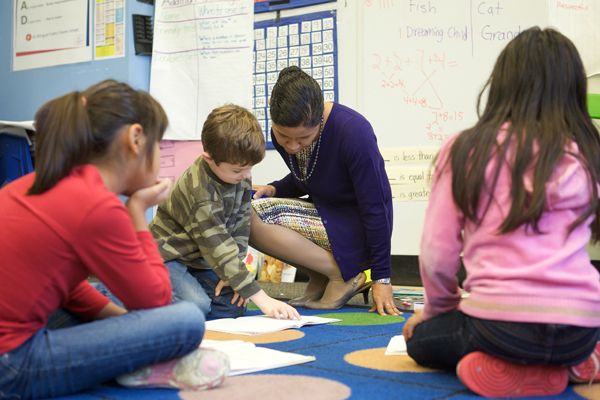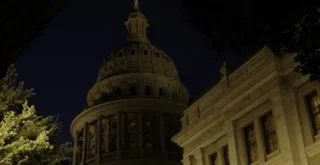- National Library Week in Los Fresnos
- Lady Falcons are Class 6A Champions
- New Beauty Clinic Opens Up in Los Fresnos
- “Houston’s Most Notable” —Los Fresnos Raised
- Earth Day 2024 coming April 6th in Los Fresnos
- Another Successful Golf Tournament for the Leo Aguilar Foundation
- Back to The Moon Again
- March 2024 Your Health Matters
- Lady Falcons in Tournament Play
- Easter Fun at Big Red’s Ranch
Lawmakers Consider Private School Voucher Bills
- Updated: April 14, 2015
by Eric Galatas/TNS
AUSTIN, Texas – A state Senate panel heard testimony on Thursday about a series of measures that would give money to parents who want to enroll their children in private and religious schools. Opponents say Texas can’t afford to pay for a private-education system if it can’t adequately fund public schools responsible for educating the vast majority of children.
Dan Quinn, communications director for the Texas Freedom Network, said the two systems would not be equal.
“You would have one that is primarily for wealthy families and one for everybody else,” he said. “One would be accountable to taxpayers – public schools. The private school system the state would be funding would not be accountable to taxpayers.”
The bills would exempt private schools from meeting state curriculum requirements and maintaining the same fiscal accountability as public schools.

Lawmakers are considering legislation that would provide state money to private and religious schools. Photo: U.S. Department of Education.
Supporters say school vouchers offer better education options for students living in disadvantaged neighborhoods, and would give them a pass to leave low-performing schools.
The Coalition for Public Schools, representing some 30 religious, child-advocacy and education organizations, said the proposals could put the public system into an untenable situation by insisting that schools do more with less. Under Senate Bill 276, Quinn said, 60 percent of the money school districts currently get per student could be siphoned off to private schools.
“Ultimately billions of dollars could be lost to public schools in Texas if any of these bills passes,” he said.
Senate Bills 4, 276 and 642 did not go to a vote before the committee on Thursday. Any proposal that passes out of the Senate will have to make it through the House Public Education Committee before getting a vote in the House.





